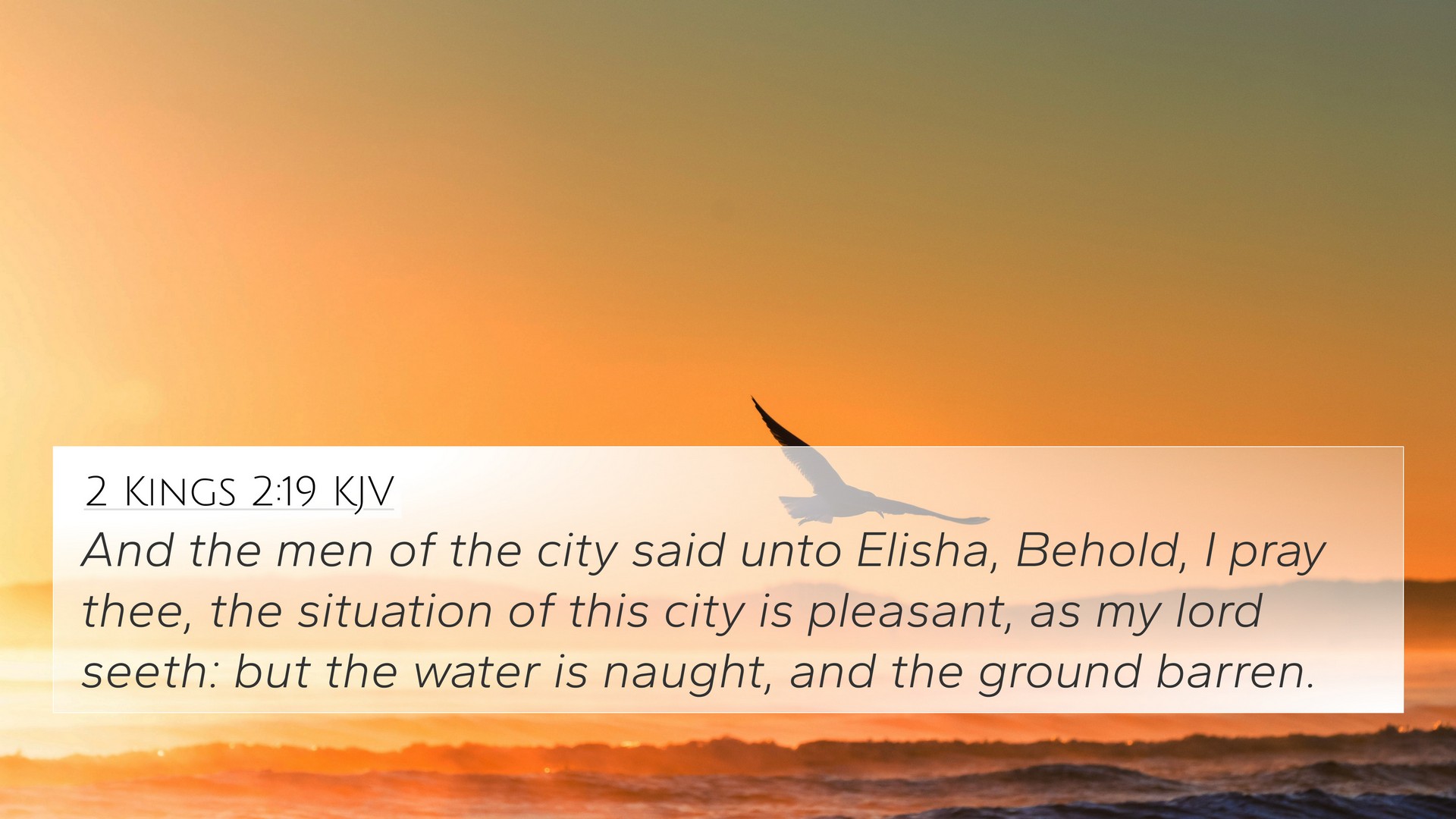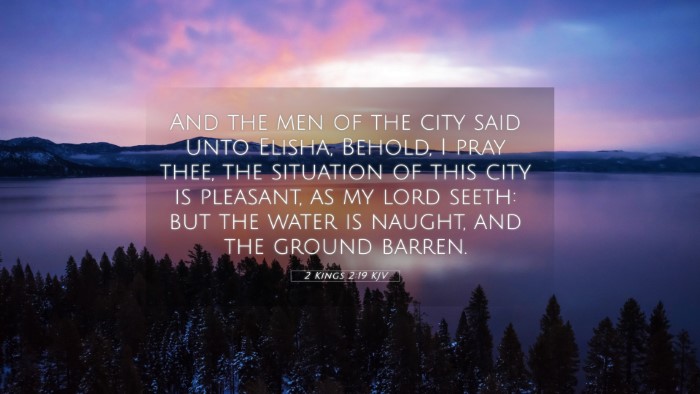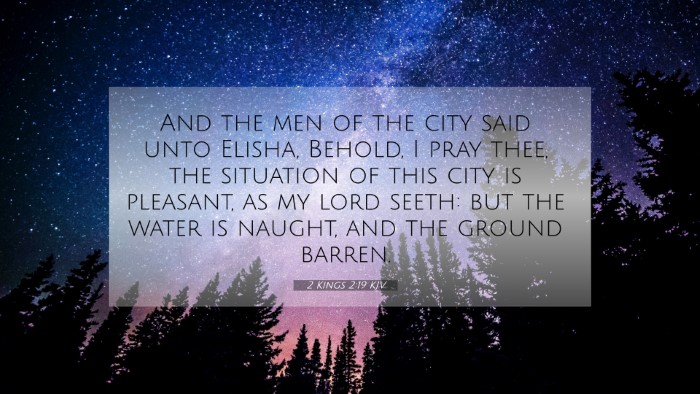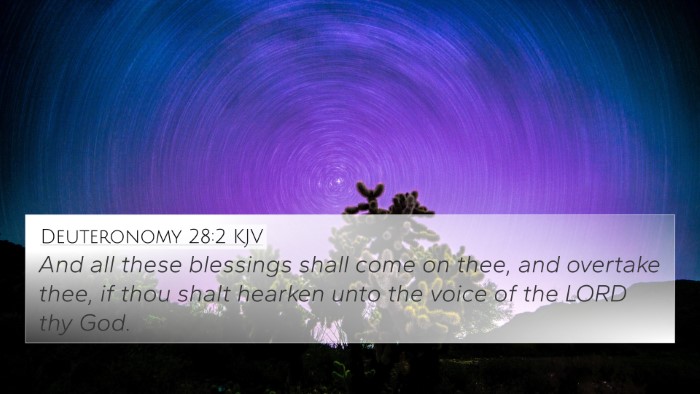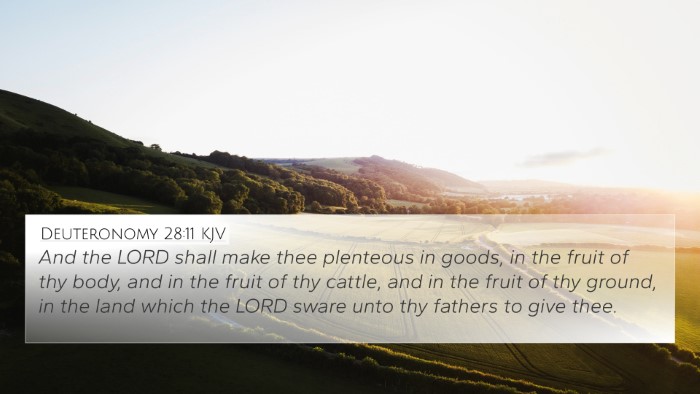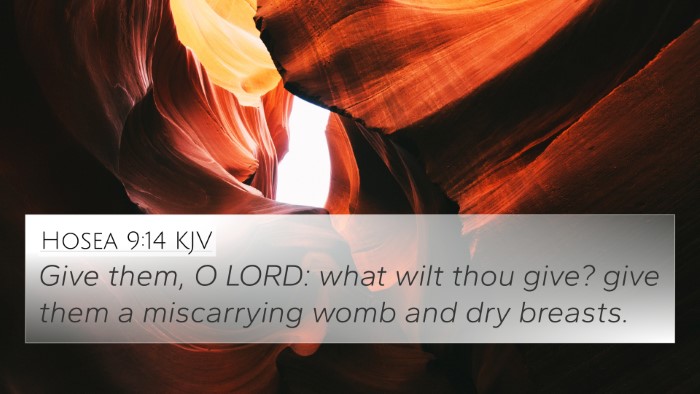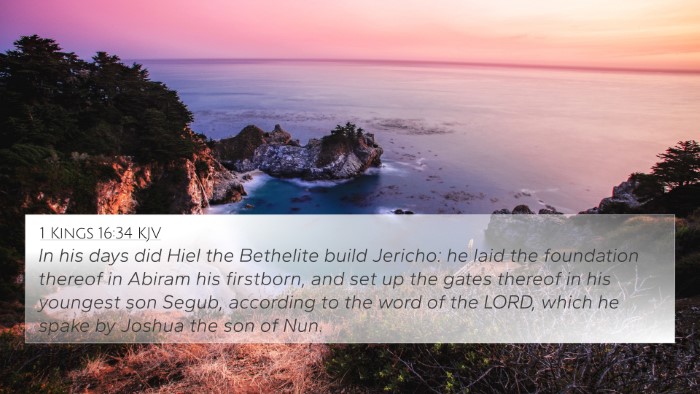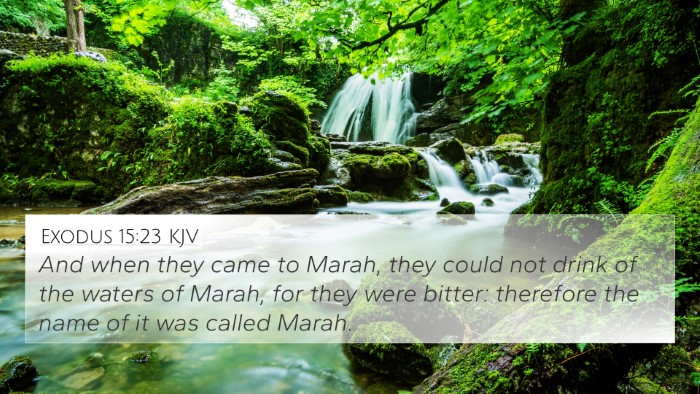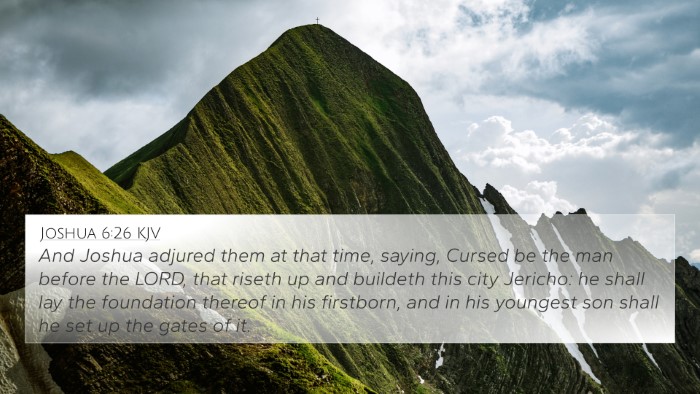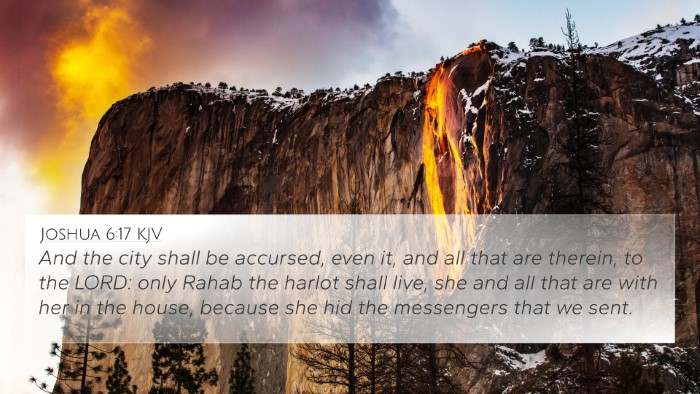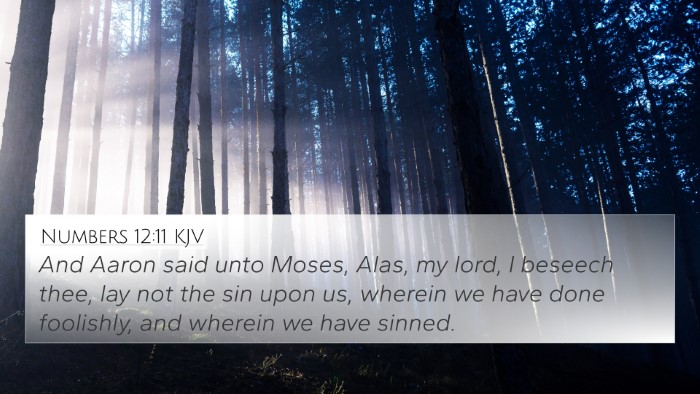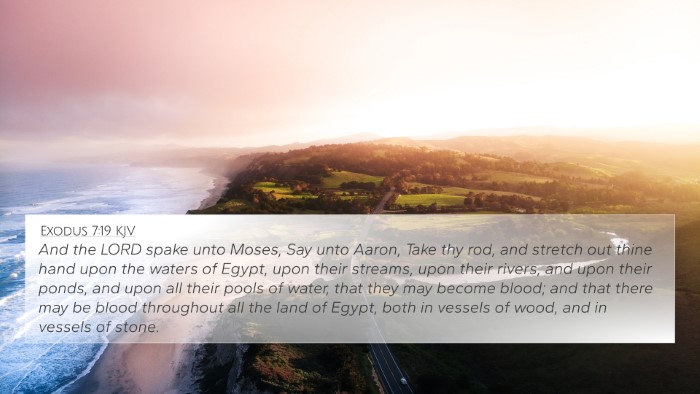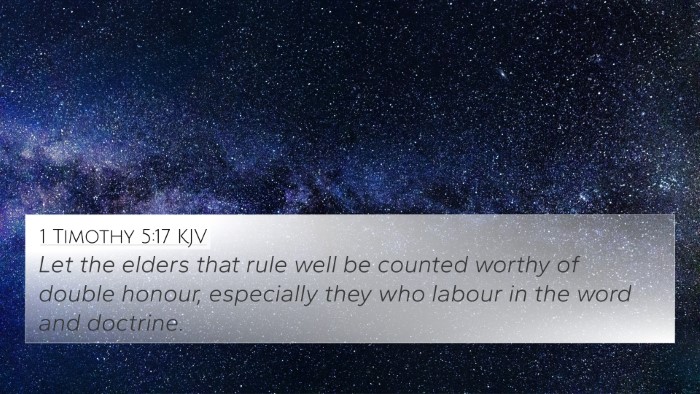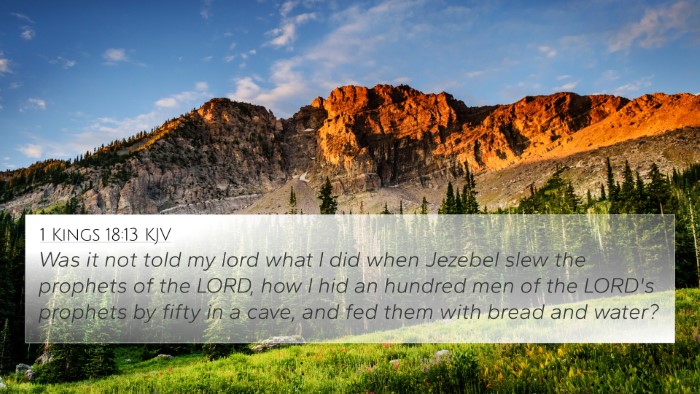Understanding 2 Kings 2:19
The verse 2 Kings 2:19 reads: "And the men of the city said unto Elisha, Behold, I pray thee, the situation of this city is pleasant, as my lord seeth: but the water is naught, and the ground barren."
This verse takes place after the prophet Elijah has been taken up to heaven, and his successor, Elisha, has begun his ministry. The men of the city convey a significant concern about their environment, indicating both a physical and spiritual malady that affects them.
Commentary Insights
Matthew Henry's Commentary
Henry articulates that the inhabitants express their admiration for the city while simultaneously acknowledging a critical flaw—its water supply. This reflects a paradox where external beauty is marred by an internal issue that impacts life and sustenance. He highlights that the water represents more than just physical sustenance; it denotes spiritual refreshment. The barrenness of the land symbolizes a lack of growth and vitality due to the bad water.
Albert Barnes' Notes
Barnes emphasizes the crucial connection between the city’s beauty and the unfortunate quality of its water. The city's pleasantness did not compensate for its need for cleansing, which reflects a spiritual analogy for the believer. He draws attention to how some Christians may find themselves in advantageous circumstances but suffer from spiritual barrenness. Ultimately, Barnes suggests that Elisha’s prophetic intervention is vital for restoring the city's well-being.
Adam Clarke's Commentary
Clarke adds depth by indicating that the city’s inhabitants are appealing to Elisha for help. He interprets the lament of the people as a metaphorical acknowledgment of their spiritual condition. The “water” represents the source of life, and their admission of its flaws is an essential step toward healing and restoration. Clarke notes that Elisha’s role is pivotal in demonstrating God’s power to revive and replenish, emphasizing the necessity of addressing both physical and spiritual needs.
Thematic Implications
The verse captures essential themes such as the importance of spiritual health, the necessity of divine intervention, and the reality of living in a world that may appear favorable yet suffers from underlying issues. Those themes echo throughout Scripture, promoting the idea that outward appearances should not blind one to deeper spiritual needs.
Related Bible Verses
- Exodus 15:22-26 - The Lord heals bitter waters at Marah, demonstrating His ability to transform detrimental qualities into life-giving resources.
- John 4:10 - Jesus speaks of the “living water,” likening Himself to that which truly satisfies spiritual thirst.
- Jeremiah 2:13 - Medical metaphor in the context of forsaking “living waters” for broken cisterns illustrates the gravity of neglecting spiritual sustenance.
- Revelation 21:6 - The offer of the fountain of the water of life encapsulates the restorative promise from God to His people.
- Psalms 46:4 - The river whose streams make glad the city of God highlights divine provision and vitality among God’s people.
- Isaiah 12:3 - Drawing water from the wells of salvation underscores the necessity of seeking God for rejuvenation.
- Matthew 5:6 - "Blessed are those who hunger and thirst for righteousness," affirming the blessed state of those seeking spiritual fulfillment.
Cross-Referencing Insights
The connections between Bible verses enhance the understanding of 2 Kings 2:19. The spiritual and physical nourishment depicted in this verse resonates with various themes found across books in both the Old and New Testaments. A comparative Bible verse analysis can aid readers in bridging the textual gaps to glean a more profound comprehension.
Cross-Referencing Methods
For those interested in using cross-referencing tools for Bible study, employing a Bible concordance can be immensely beneficial. This resource facilitates the identification of thematic connections between verses, allowing for deeper exploration of the scriptures. Understanding how passages like 2 Kings 2:19 relate to others can expose the richness of inter-Biblical dialogue and provide insights into God’s character and His dealings with humanity.
